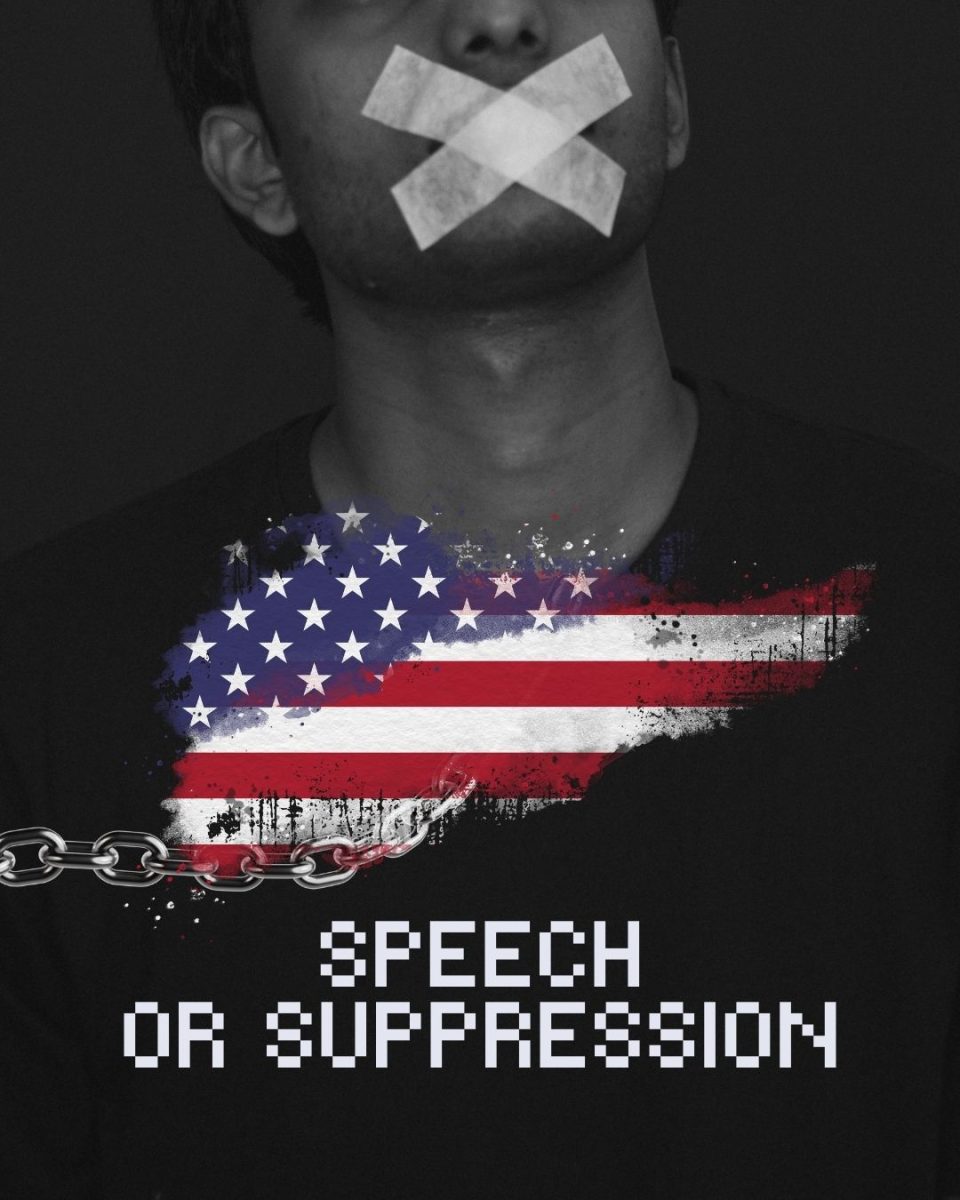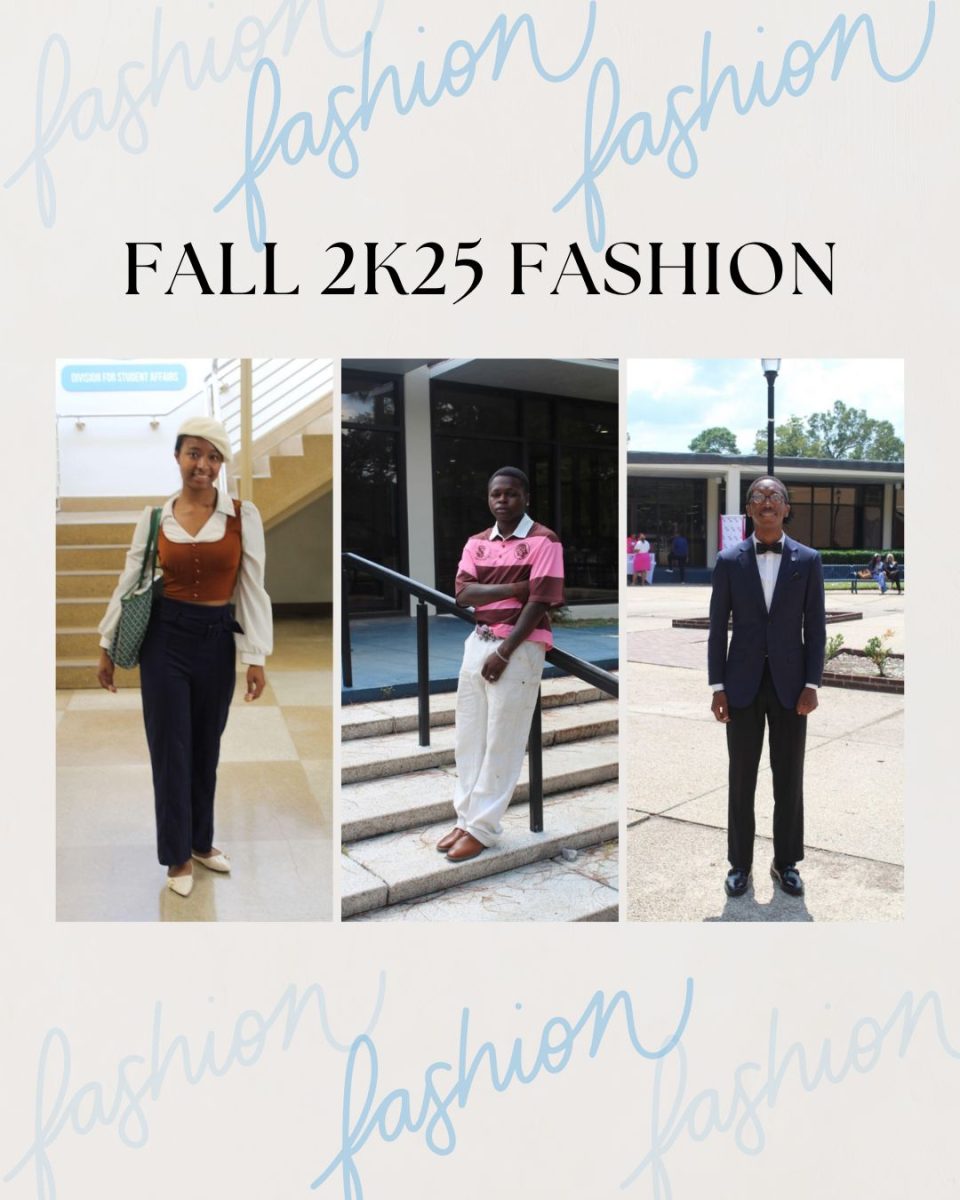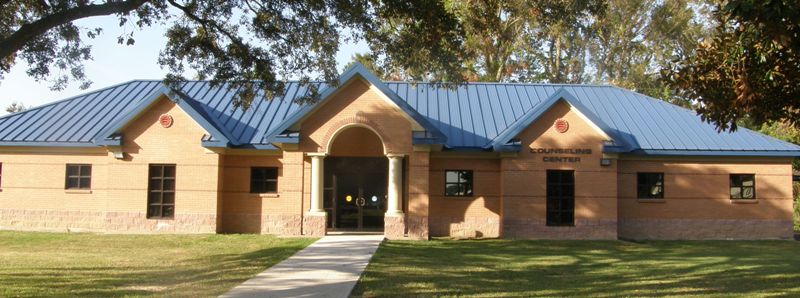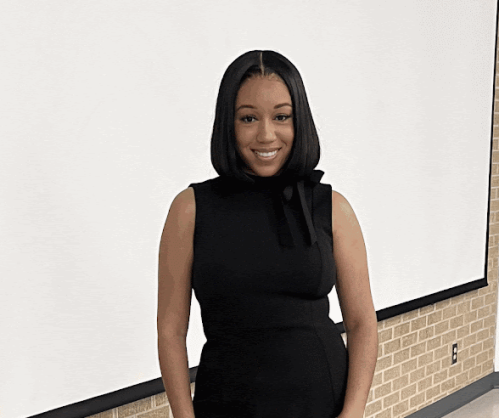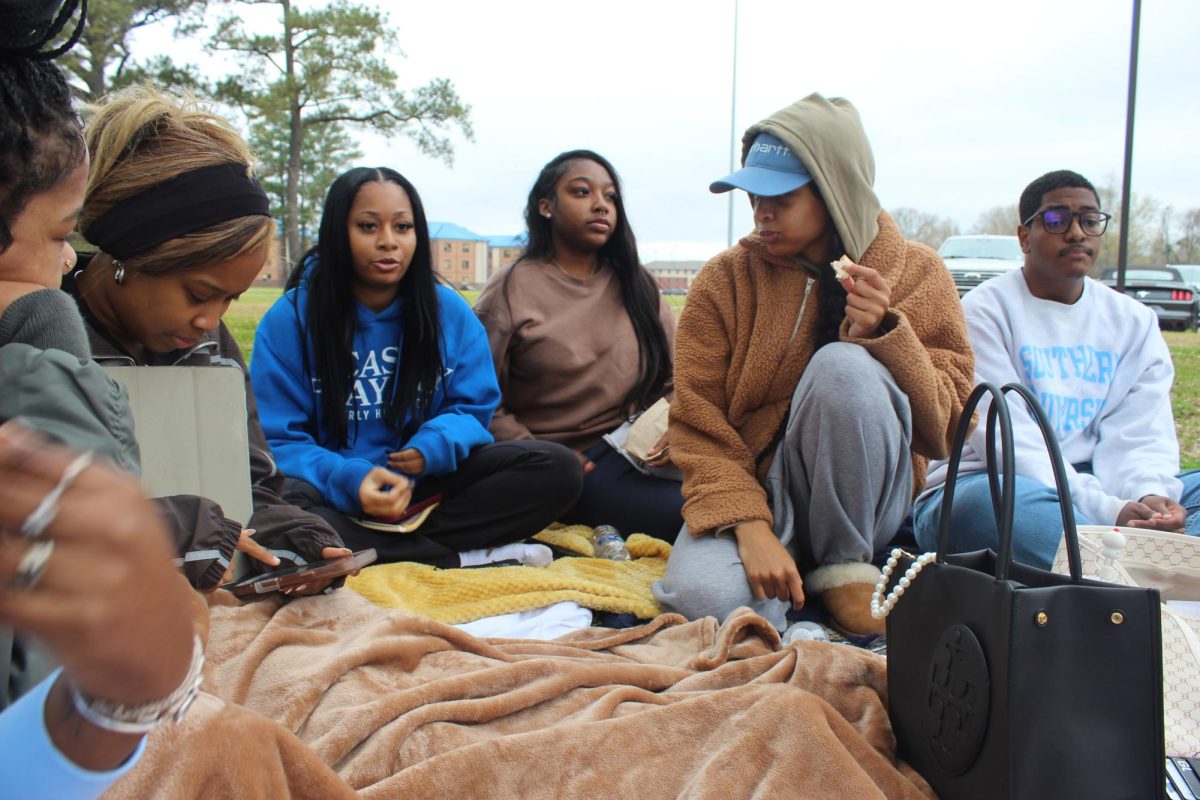If there is any truth that is displayed in all cultures across history, it is that ‘knowledge is power’. This notion has been used both to empower and oppress, depending on whose hands the knowledge lays in, and who has realized it’s implications. When one group has the ability to isolate this knowledge to themselves, the possibility of their advantages are endless.
In more modern eras, politics has often been regarded as a realm in which only the wealthy and White deserve to speak, even when this demographic is the least detrimentally affected by the issues they act on. The effects of this system are clear, as they create the tainted world that surrounds us.
However, amongst the oppressed of all cultures, there is also their own truth and tradition: ‘where there is a will, there is a way’. We can never deny the power of those devoted to a movement, whether it be for societal benefit or detriment.
In a day and age where knowledge is more accessible than ever, Black students play a pivotal role in the tide of American politics, and even beyond our borders. From Dr. Martin Luther King Jr. to Alice Walker, students of HBCUs have never avoided the role of revolutionaries within our society.
Even on Southern’s campus, the legacy of the slain students Denver Smith and Leonard Brown reflects this reality even more. “In the late 1880s, Ida B Wells , the famous anti-lynching campaigner, was suspended after…a confrontation with the [Rust College] president, W.W. Hooper, who expelled her.” according to The Advocate, “Wells questioned the college president’s authority. While Hooper was a white college president of an HBCU, no Black college administrator or teachers backed her at the risk of losing their own coveted positions.
William Pickens who taught at Talladega College, an HBCU in Mississippi, was fired from the faculty in 1913 for organizing the first NAACP chapter in the South. The reason: “insubordination and encouraging students in some way to rebel against the college administration.” The legacy of activism among the attendees and educators of HBCUs is not only significant to history in general, but it is also a movement that must be continued.
Politics was never a realm reserved for the elite, but they have always been aware of how to scare those who truly deserve to speak up into silence. Now, we as students of Southern University—and students of HBCUs in general—have a purpose beyond the classroom or lecture hall. With every political candidate vying for the attention of HBCUs and Black youth, we cannot afford to underestimate our influence.
It is essential that we involve ourselves in every aspect of the political world, as in the end we are always faced with the consequences
In any cultural, political, economic or social conversation, those in power are very aware how valuable Black youths’ voices are. It’s time that we recognize that too.
Categories:
Power to the People: Importance of Black Student Influence in Politics
January 27, 2020
0
More to Discover
